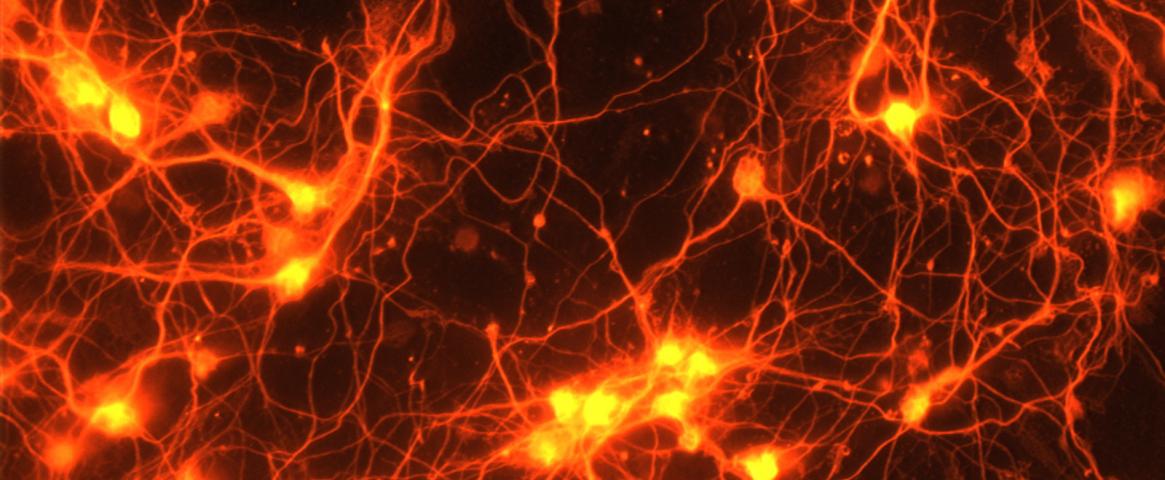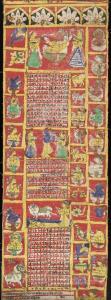By Alison Fromme
Once you have a sense of how you'll stay off the streets, you can focus on the fun stuff of freelancing: finding and writing great stories. But without a boss to set the daily schedule, what does a new freelancer actually do?
"As I recall, I just hurtled from one task to the next."Soon after my freelance declaration of independence, I met a future friend who grilled me in a friendly but slightly terrifying manner. "What will you write?" I really didn't know. "Who are you going to write for?" My breathing accelerated. "How will you find work?" Queasiness set in.
— Emily Gertz
"I moped. I had one assignment, for 300 words about a circus museum in Wisconsin for one of the AAA magazines. I spent a whole month on it!"
— Helen Fields"I contacted other freelancers and asked for advice, which was super helpful. I panicked, which wasn't."
— Susan Moran
Those questions, as I look back now, offer valuable structure to the nitty gritty of the freelance workday.
But before I get to that, I have to share a tidbit I heard from Dr. Phil (yes, I once followed his career advice). Years ago, he appeared on Oprah and said something like, If you don't have a job, then your full-time job is to find a job.
Good advice. If I expected to make a full time salary, then I had to work full-time hours, even if I lacked paying assignments. At 8:30 a.m., everyday, I sat at my huge IKEA desk in the spare bedroom. After hours of tapping away at my keyboard, I ate lunch in the kitchen and then returned to my desk until dinner. I rudely cut daytime phone conversations with my mother short. At night, I sat on the couch with my laptop until I went to bed.
I was desperate to prove something to skeptical friends and family, who collectively raised their eyebrows at my new endeavor. Dammit, "freelance" was not code for unemployed, killing time until I had babies, or a romantic-sounding road to financial ruin. My ego was on the line, even if my ass wasn't. So I worked, a lot. (But if you're prone to distraction, check out Anne Sasso's chapter on procrastination in The Science Writers' Handbook.)
If long workday hours stretch out before you, and you're not sure what to do, why not spend some time on each of the questions my friend asked, and see what happens? It never hurts to set goals: how many ideas will you pitch per month? How will you systematically research new markets to approach? How many networking events will you attend each month?
What will you write?
To find ideas, I read, read, and read — journals, press releases, magazines — and envisioned new ideas for articles. I combed the internet for new research, and attended science and engineering conferences. I relied (perhaps too heavily) on EurekAlert! I aimed (perhaps too ambitiously) to send out several pitches each week.
Who will you write for?
I cast the net wide as I considered where to send pitches. I pitched big magazines and small ones, feature articles and tiny blurbs. Attending writing conferences (NASW, ASJA) to hear what editors say about their magazines was a huge help. Although I had initially envisioned myself writing for popular magazines, I checked out neighborhood newspapers, educational publishers, and websites.
How will you find work?
I pitched, of course, but I also applied for freelance jobs I saw through NASW and other job boards. I even checked Craigslist and found a respectable, regular client that way. I also went to (marginally-useful) small business classes to make sure I didn't become a starving writer. I also told everyone I knew what I was doing, and asked for their help. And, of course, I attended networking events. (To learn more about drumming up work from a variety of clients, check out Sarah Webb's chapter, The Diversity of Science Writing, in The Science Writers' Handbook.)
Within a couple months, I landed my first feature assignment as a freelancer. I pitched a university alumni magazine out of the blue (not my alma mater) about student efforts to lower greenhouse gas emissions on campus, an idea that grew from hearing the students speak at a conference in my region. Groundbreaking science? Nope. A financial windfall? Nope. But I had earned the assignment on my own — and I beamed when the magazine arrived in the mail with my story on the cover.
What will you do on your first day?
This is the third installment of our four-part Freelance 101 series.
Alison Fromme is a contributing writer for Mountain Home Magazine and the founding editor of Hot Potato Press, a hyperlocal food news website. She's currently working on her first creative nonfiction book. Her writing has appeared in National Geographic, Backpacker, and the New York Times Learning Network.
Image of a Fabric Hindu Calendar from Rajasthan in India. Public domain from the Library of Congress via Wikimedia Commons
Image "GDF10 protein forms new brain cell connections" credit: NIH Image Gallery via Flickr/Creative Commons


